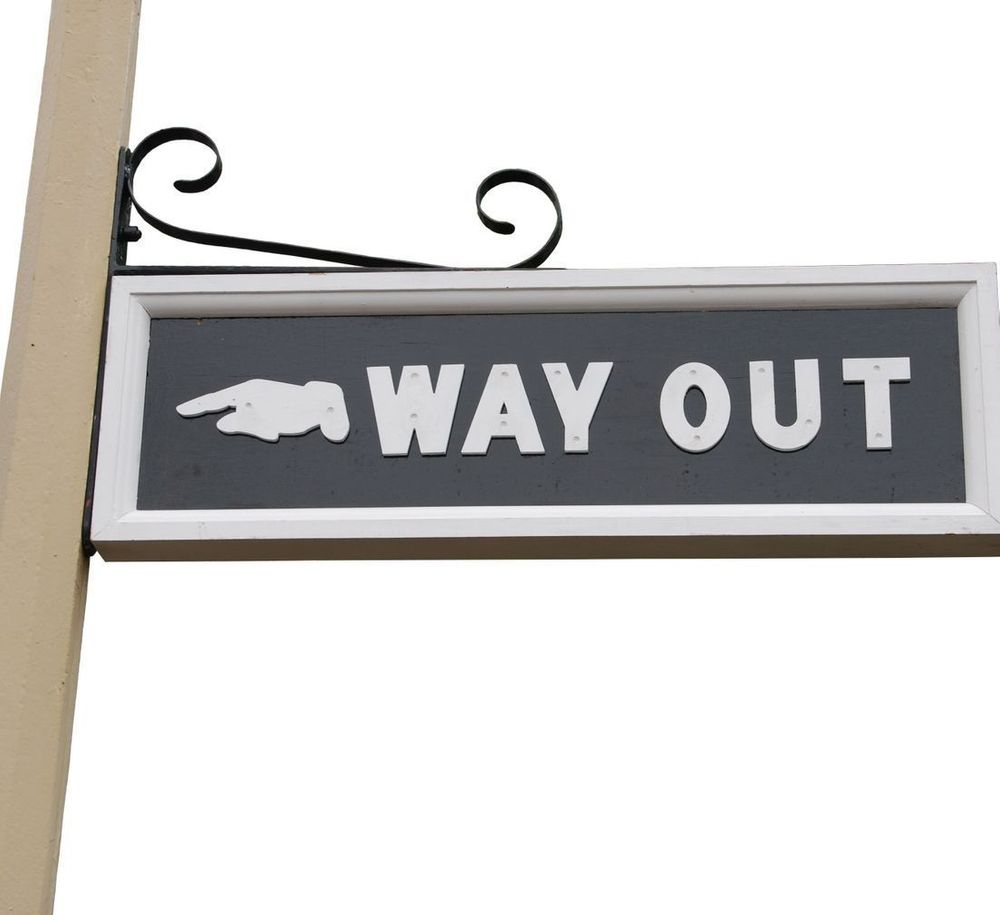What is Sex Addiction?
What are the signs?
- Have you lost control over your sexual behaviors? Have you crossed lines you didn’t think you would cross? Set limits on your sexual behavior that you have failed to meet?
- Have you experienced negative consequences (such as the loss of a relationship, being less productive at work, or spent less time with family or friends) because of your sexual behavior? Or would you experience negative consequences if others found out about your sexual behaviors?
- Have you tried to stop any sexual behaviors but eventually returned to them or developed a tolerance escalating frequency of sexual behavior; engaging in more sex than intended — need for more sexual activity to achieve the desired effect?
- Do you experience increased guilt, remorse, suicidal thoughts, or irritability when unable to engage in the desired behavior?
- Preoccupation with or persistent craving for sex.
- Because of the activity do you have severe financial problems or job loss?

What are some behaviors associated with a sexual addiction?
- Compulsive masturbation
- Simultaneous or repeated sequential affairs
- Pornography
- Cybersex, phone sex
- Multiple anonymous partners
- Unsafe sexual activity
- Partner objectification/demand for sex
- Strip clubs and adult bookstores
- Use of prostitution/escorts
- Sexual aversion/anorexia
- Frequenting massage parlors
- Sexual paraphilias (a need for unusual sexual stimulation) and/or any sexually offensive behavior
What causes sexual addiction?


Getting Help

Group work is strongly recommended because it affords the recovering addict both support and accountability. Within groups, it is common to seek out an accountability partner, someone with whom one can work through the process and check-in regarding sobriety. Having daily contact with somebody regarding recovery, is important during the initial phase of treatment.
Couples therapy is also an essential part of recovery. A spouse or partner may fail to see the need for his or her involvement. Initially, the goal of couples therapy is to stabilize the relationship and help the spouse work through the trauma they have experienced. The ultimate goal is to establish a desired level of intimacy, both sexually and non-sexually. An important goal is to help the couple restore trust in the relationship through a process of change and forgiveness.